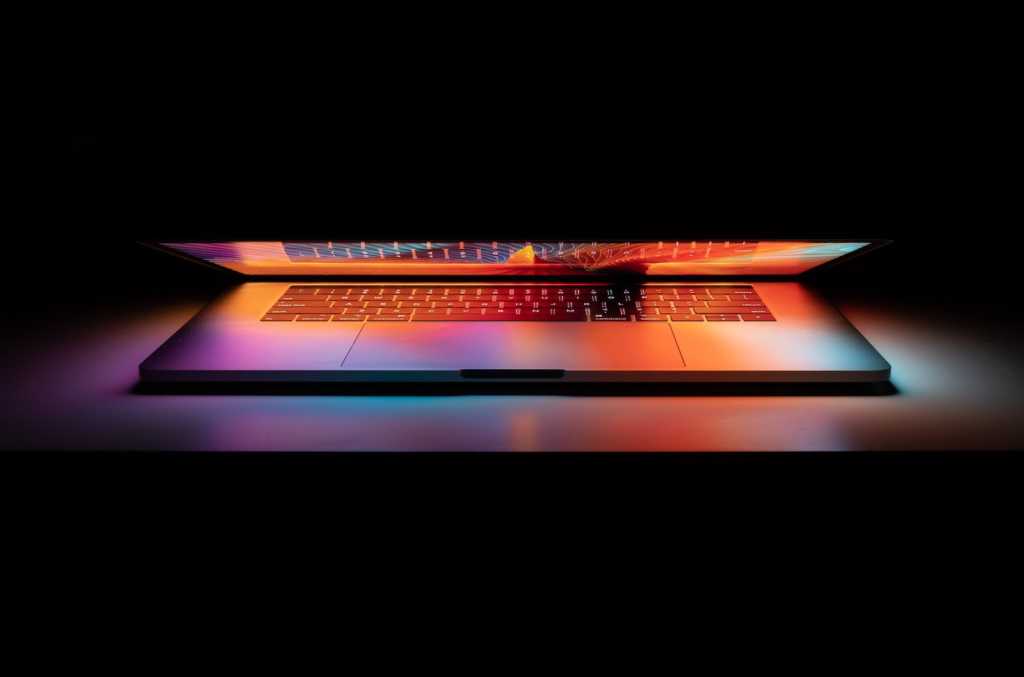I’ve never lived in a world where accessing pornography was difficult. Before the dawn of the internet, if you wanted to see something explicit, you had to risk being seen buying it. But now, you can find it with one Google search on a device no one sees.
You’d be hard pressed to find someone in my generation — I’m 28 years old — or younger who hasn’t at least been exposed to pornography; it’s just too easy to get. I remember when we didn’t have a computer connected to the internet in the house, but those days are long gone. I’m not sure anyone younger than me would even know what “dial-up” means.
These days, like most people, I rely on the internet for my job (without it, I couldn’t be an editor at Faithwire). Also, how would I binge Netflix? So if I can’t escape the internet, I have to be accountable for how I use it, particularly as someone who has — like most guys my age — dealt with this temptation personally.
As time marches forward, and more information bubbles to the surface, it’s only becoming clearer just how dangerous pornography is.
There is perhaps no more infamous a porn star than Ron Jeremy. He’s been a fixture in the pornography industry since the 1970s — that is, until he was arrested and charged in June with the rape of three women and the sexual assault of a fourth. Then, earlier this week, the 67-year-old porn actor was charged with 20 new counts of rape and sexual assault involving 12 women and a teenage girl. The counts, according to the Associated Press, span 16 years, from 2004 to January of this year.
Additionally, there’s documented evidence that Pornhub, the world’s largest and most prolific pornography website, has hosted dozens of videos depicting child pornography, sexual assault, as well as non-consensual or coerced sexual acts. Laila Mickelwait, an anti-pornography activist, has accused the site of “profiting” off of “crime scenes.”
The bottom line is this: neither you nor I can know, with any level of certainty, whether the pornography we might encounter is even legal.
That’s why — particularly for people who struggle with the temptation to look at pornography — it’s so critical to have accountability partners and to use internet filtering apps.
As a believer, I know no accountability partner or software can compel my sanctification; trying to follow the Law — the standards of God — apart from the Gospel is like rearranging deck chairs on the Titanic. Only an understanding of Jesus’ grace and mercy, alongside the work of the Holy Spirit, can transform my affections to align with God’s desires.
But the tools available to us can hold us accountable to the Law, which exposes our need for a Savior. Accountability partners and filtering apps are like speed bumps, reminding us of the rules to which we’re responsible. While speed bumps alone cannot compel me to be a good driver, for example, they are good reminders of what is right and safe.
Part of that sanctification process is learning about God’s character, His moral standards, and how to live a life in alignment with His will. For those who are struggling with an addiction to pornography, Faithwire has a seven-week, video-based course, Set Free, which is dedicated to teaching users how to defeat sexual sin by giving them the spiritual understanding and practical tools they need to tackle issues like this.
To enroll in the e-course, click here.



